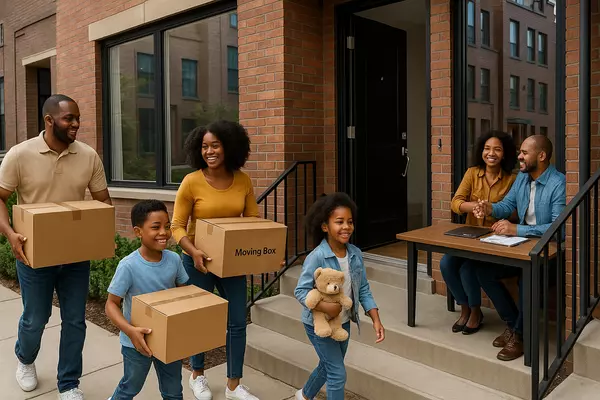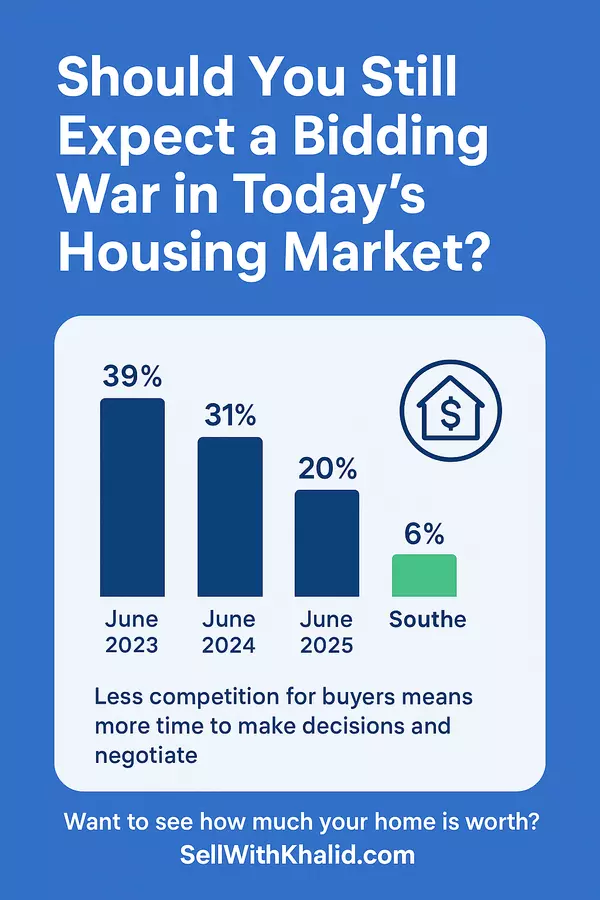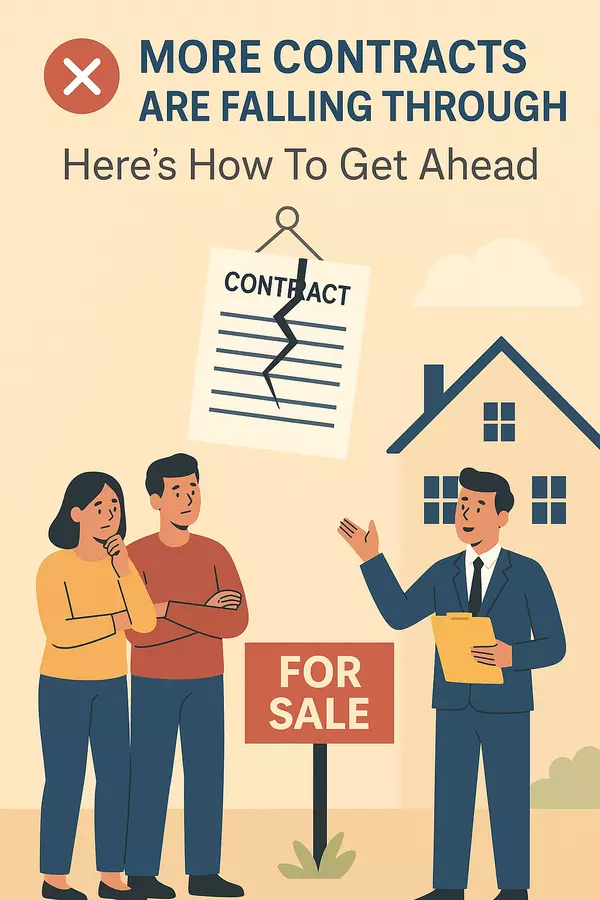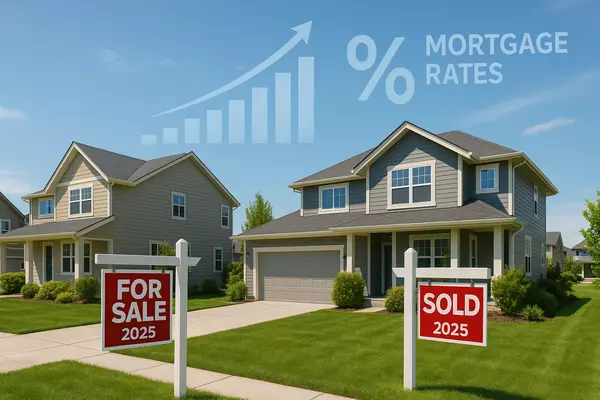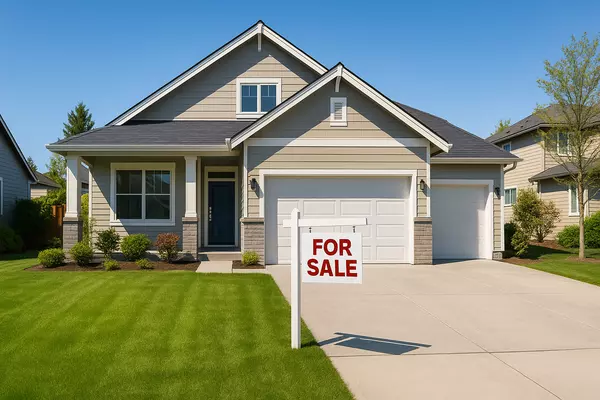Gentrification in Philadelphia: Balancing Growth and Community Preservation
Philadelphia, a city rich in history and culture, has seen rapid changes in many of its neighborhoods over the past decade. Gentrification—a process that brings economic revitalization but also challenges long-term residents—has reshaped communities such as Fishtown, Northern Liberties, and Point Breeze.
While gentrification often leads to increased property values, new businesses, and improved infrastructure, it also raises concerns about displacement and loss of cultural heritage. So how can Philadelphia grow while ensuring that all residents benefit from its progress? Let’s explore the complexities of gentrification and strategies for achieving balanced growth.
The Impact of Gentrification on Philadelphia’s Neighborhoods
Gentrification in Philadelphia has been driven by factors such as housing affordability compared to neighboring cities like New York, increased investment in urban infrastructure, and the city's growing appeal among young professionals. Some key impacts include:
1. Rising Home Prices and Property Taxes
- According to recent real estate reports, home prices in Philadelphia have increased by 40% over the past decade.
- Areas like Fishtown and Graduate Hospital have seen home values double, making it challenging for long-time residents to afford property taxes.
2. Changing Demographics
- Gentrification has led to an influx of higher-income individuals and a shift in neighborhood demographics.
- Local small businesses may benefit from new customers, but longtime community staples sometimes struggle with rising rents.
3. Improved Infrastructure but Potential Displacement
- The city has invested in modernizing transit systems, adding bike lanes, and revitalizing public parks.
- However, without affordable housing policies, lower-income residents may be forced to relocate as rental costs rise.
Preserving Community While Encouraging Growth
Balancing economic growth with community preservation requires intentional policies and initiatives. Here are some ways Philadelphia can navigate this challenge:
1. Affordable Housing Programs
- The Philadelphia Housing Trust Fund supports the creation of affordable housing and assists residents in need.
- Programs like the Longtime Owner Occupants Program (LOOP) help homeowners with property tax relief, allowing them to stay in their homes.
2. Inclusionary Zoning Laws
- Requiring developers to allocate a percentage of new units as affordable housing can ensure a mix of income levels in revitalized areas.
- Some cities, like New York, have implemented this with success—Philadelphia could expand its efforts in this area.
3. Community Land Trusts (CLTs)
- CLTs allow residents to collectively own land and control housing costs.
- The Philadelphia Community Land Trust is working on providing long-term affordable homeownership options.
4. Supporting Local Businesses
- Small business grant programs can help keep longstanding shops and restaurants from being pushed out.
- Encouraging partnerships between new businesses and community organizations can foster an inclusive growth model.
The Future of Philadelphia’s Neighborhoods
Philadelphia stands at a crossroads—will gentrification continue to push out lower-income families, or can the city find a way to foster inclusive growth? The answer lies in sustainable development, affordable housing policies, and strong community engagement.
For homebuyers and investors, understanding the trends in gentrifying neighborhoods is crucial. For residents, advocating for fair housing and community-driven initiatives is key to preserving the essence of Philadelphia while embracing progress.
Are You Looking to Buy or Sell in Philadelphia?
If you're navigating Philadelphia’s evolving real estate market, having a knowledgeable guide is essential. Whether you're buying, selling, or investing, I can help you make informed decisions that align with your goals and values.
📩 Contact me today to discuss your real estate needs and how to make the most of Philadelphia’s dynamic market.
Categories
Recent Posts
